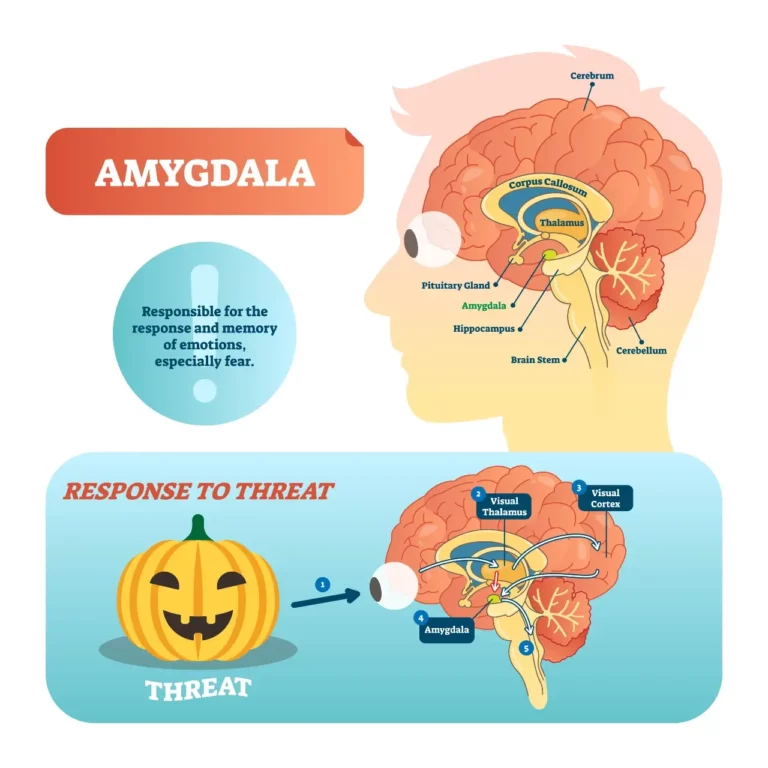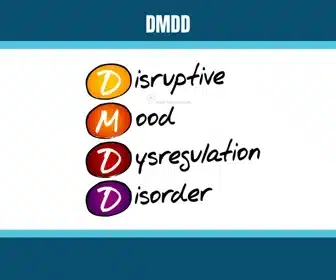Can Anger Management Therapy Help Your Teenager Cope with Angry Feelings?
What turns a happy-go-lucky elementary school-aged child into an angry, moody, sullen teenager seemingly overnight? And, how many parents lie awake at night worrying if their parental skills are bad, or if their teen has a mental health problem–or both?
If you are a parent concerned about your teen’s angry feelings, rest assured you are not alone. In fact, teenage aggression and outbursts of irrational anger are among the main reasons parents are given mental health referrals for their teens by school counselors.
According to the most recent version of the Diagnostic and Statistical Manual of Mental Disorders (DSM-5), irritability and anger are core signs of oppositional defiant disorder (ODD).
Aggressive behavior is a symptom commonly seen in kids with conduct disorder (CD). However, frequent displays of unwarranted teenage anger can also be a sign of other psychiatric disorders, such as ADHD, anxiety disorder, and bipolar (mood) disorder.
Teenage Anger: Where Do Their Angry Feelings Come From?
Understanding the biological aspects of why teenagers are prone to angry feelings and impulsive aggression is useful for parents dealing with contentious teens.
Located in an area of the brain responsible for moderating reactions to fear and aggression, the amygdala also influences signaling in the sympathetic nervous system (“fight or flight” response) and the release of neurotransmitters involved in anger and aggression. In addition, the amygdala “remembers” situations that cause us to feel threatened or afraid, so we learn to avoid such situations.
And what does this have to do with teenage anger issues? Around the age of 11 or 12, a child’s brain begins undergoing monumental changes involving the prefrontal cortex. This brain region is essential for supporting the ability to focus, memorize, think analytically and regulate emotions.
However, the prefrontal cortex is not fully mature until a person is in their mid-twenties. Since the amygdala and prefrontal cortex share a neural connection, this means the adolescent prefrontal cortex has little control over the amygdala.

Adding the flood of sex hormones to the mix doesn’t help matters, either. Testosterone levels skyrocket in adolescent boys between the ages of 12 and 18, while teen girls experience the same increase in estrogen.
Other growth hormones trigger the release of cortisol and adrenaline from the adrenal glands. In fact, studies show that teens with ODD or CD have abnormal levels of certain neurotransmitters and hormones that can contribute to frequent episodes of anger and aggression.
What is the Difference Between a Moody Teen and an Angry Teen?
How does a parent know when their teen needs anger management? Do teens who occasionally slam doors when they don’t get their way or loudly refuse to join the family at dinnertime mean they need anger treatment?
Probably not. However, when a teen’s anger is more than just attitude and borders on aggressive, even violent, behavior, parents should not hesitate to get professional help for their child.
Example: Paul S. Story
At 13, Paul was the angriest child his parents had ever encountered. Both taught at a small-town school and had dealt with belligerent, angry kids before. But when Paul turned 12, he started displaying a quick temper and frequently became angry for no apparent reason.
For example, Paul’s mother was doing laundry and wanted to put some of Paul’s clothes away in his room. When she knocked on his door, he didn’t answer. When she knocked again, he flung the door open and screamed “Would you leave me alone for once!” Telling Paul that all she wanted to do was put clothes away seemed to anger him even more. “I don’t care what you want to do! Now get out of my room!”
Later, Paul came out of his room and stomped into the kitchen, still angry and red-faced. “Why do you always have to be so aggravating”? he yelled. When his mother asked him why he was so angry, he just growled, shook his head, and stomped off.
Paul not only responded with irrational anger and irritability in most situations and to people, but he also blamed everyone else for minor mistakes he made. He argued constantly with his parents about everything, and had temper tantrums when things did not go exactly as he wanted them to go.
Paul’s parents tried to understand his angry feelings for over a year, but eventually realized he needed anger management therapy after he broke a lamp and threatened to punch holes in his bedroom wall because he lost his cell phone.
Diagnosing Teens At-risk for Anger and Aggression Issues
Many teens requiring anger management are diagnosed with oppositional defiant disorder, conduct disorder, or disruptive mood dysregulation disorder (DMDD). A fairly new diagnosis for adolescents with severe anger and mood problems, DMDD symptoms include:
- Angry, irritable mood every day for most of the day
- Difficulty with schoolwork, peer relationships, and home life due to anger issues
- Severe behavioral or verbal temper outbursts at least three times each week

Signs of DMDD are usually apparent by age 10. A diagnosis of disruptive mood dysregulation disorder is only given to children six to 18 years old.
Parents Guide to Diffusing Anger and Aggressive Behavior in Teens
Communicating During Low-key Moments
Talking to teens when they seem to be in a neutral mood is a good way for parents to explain that feeling angry is normal in certain situations, but there are unreasonable and unproductive ways of expressing anger.
Establishing ground rules and the consequences of breaking those rules when a teen screams, throws things or has a temper tantrum may cause some teens to think twice before letting angry feelings overwhelm them.
Recognize Triggers or Warning Signs
Parents should keep a journal of when their teen displays anger outbursts (time, date). After a month or two, look for clues to whether certain times of the day or days of the week seem to increase episodes.
Something happening on a particular day or at a particular time may be the catalyst behind outbursts of explosive anger.
Resolving Anger with Acceptable Activities
One of the best ways for teens and adults to exhaust angry feelings is engaging in physical activity–jogging, bicycling, swimming, or practicing boxing with a punching bag. In fact, anger management therapy for teens includes physical exercise as part of early prevention and ongoing treatment for managing teenage anger.
Exercise not only burns off excess energy caused by anger and stress hormones but also increases endorphin levels to improve mood.
Give Teens a Safe Space to Cool Off
Parents should never follow their teen into their room during an outburst. Demanding the teen apologize for their behavior when the teen is in the middle of an irrational tantrum will just fuel the child’s angry feelings. Also, parents who find themselves yelling at their teen out of frustration should put themselves in “time out”. When a parent acts like their angry teenager, this shows the teen that it’s apparently acceptable to allow your anger to control you.
Anger Management Therapy for Teens
Cognitive Behavioral Therapy (CBT)
CBT for teens in anger management therapy is an evidence-based psychotherapy that focuses on emotion regulation, identifying events that trigger outbursts, and understanding the consequences of teenage aggression.
CBT also helps teens learn how to solve problems rationally by restructuring negative thought patterns that lead to anger and aggression. While their teen participates in a residential anger management program, parents will be asked to recognize the efforts of their teen to apply CBT techniques before and during an anger incident.
Dialectical Behavioral Therapy (DBT)
Older teenagers may benefit from DBT, a subtype of cognitive-behavioral therapy that helps teens identify both negative and positive emotions while recognizing triggers or obstacles that are stopping them from modifying unreasonable thought patterns.
Counselors specializing in DBT teach teens anger management techniques designed to improve their ability to objectively look at their behavior in the context of an event in which angry feelings overwhelm them. Distress tolerance is also included in dialectical behavioral therapy, such as “STOP“–stop, take a step back, observe what is happening inside and outside your body, and proceed in a mindful manner.
In closing, teenagers at risk, angry, or diagnosed with DMMD need the kind of structured, professional assistance for helping teenagers learn how to manage anger that is offered by residential treatment centers. Call today for more information about anger management for teens.
Anger management therapy for your teen and how residential treatment may help your child.
Connect with an Admissions Counselor who specializes in Anger Management Therapy












